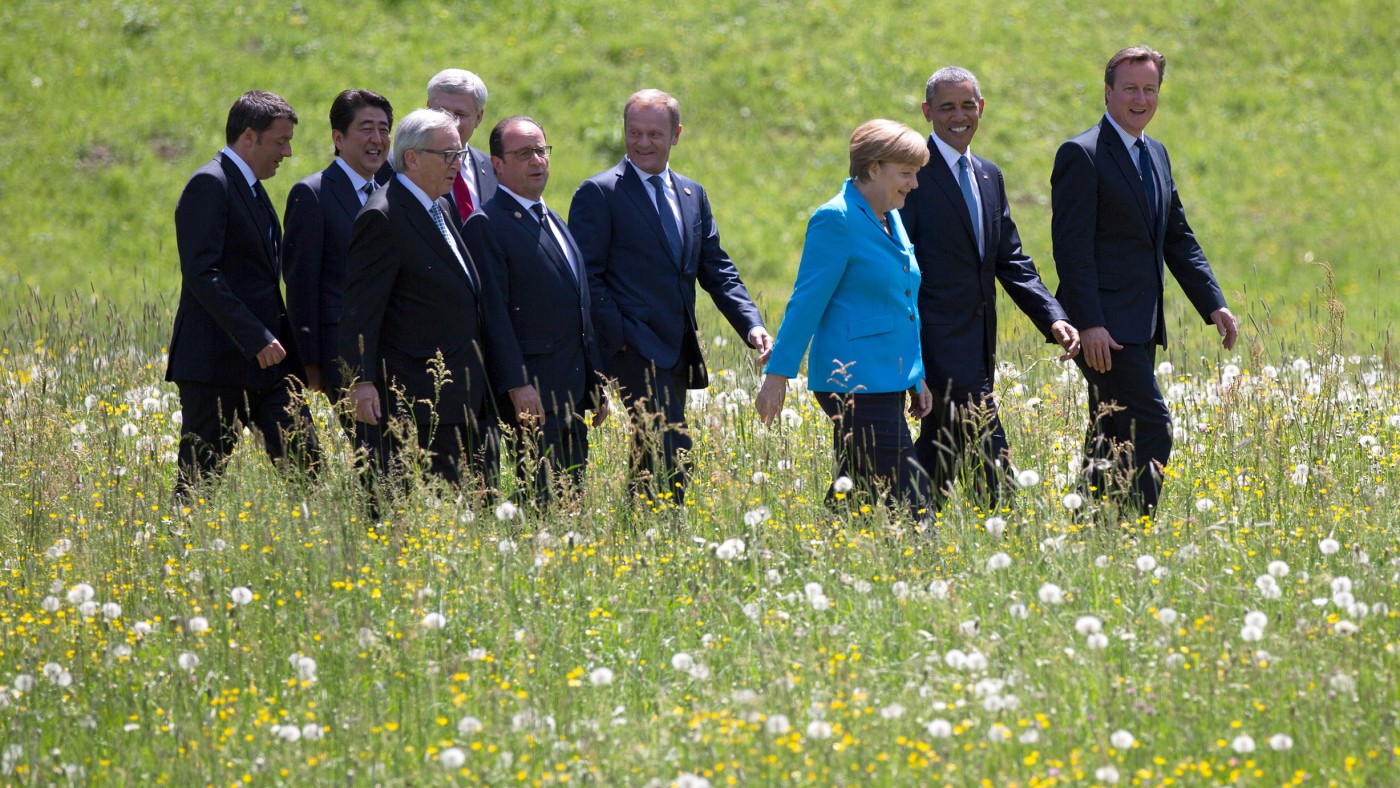To jaw-jaw is always better than to war-war, as Winston Churchill is reputed to have said at a lunch at the White House in 1954. And by his definition, because it is preferable to armed combat, it is never a complete waste of time to hold a talking shop for leaders. These events have become known as summits.
But of course Churchill would defend jaw-jaw, because he loved it; he was addicted to summitry, especially when it involved him attempting to sort out the world’s big problems. Such gatherings accorded to his great man world view, which dictated that history could be shaped by a few men, one of them called Winston Churchill
In the first few years of his peacetime administration he was taken with the idea that the Cold War could be solved or its impact mitigated if only he and Stalin could meet regularly and put the world to rights over lunch or dinner. A summit involving Churchill that might resolve the struggle between the West and the Soviet Union was what Churchill wanted. However, by the early 1950s the world had changed and while the Americans were happy to give the Prime Minister lunch and treat him as the wartime hero he was, they were not going to let a British statesman from the era of Empire dictate the direction of diplomacy.
Churchill is only an extreme example of the tendency of political leaders to think, wrongly, that the answer to a given problem is a face to face meeting between them and other leaders, when most often these meetings are a futile exercise in vanity.
Indeed, since Churchill’s time, summitry has turned into such a booming industry that the usefulness of summits seems hardly ever to be assessed. Summits now happen so regularly because, well, because they just happen. They are inked in years in advance, with advance parties scoping out the perfect German opera singer who can entertain the leaders before dinner, or the hot new chef who can fly to Canada to deliver his witty take on lobster with a maple syrup jus and a post-modern side order of poutine.
I was reminded of the inherently bogus nature of modern summits when watching the images this week of the current crop of G7 leaders tramping up a German hillside like members of a very bad amateur production of The Sound of Music.
The leaders love these meetings, of course. They get great free footage of themselves on the evening news looking purposeful, statesmanlike and even playful. Oh look, here’s David Cameron smiling at a group of traditional Japanese dancers. And there’s Japan’s leader raising a glass of whisky in Scotland and giving a thumbs up to a bemused group of passing golfers. Look, it’s Barack Obama drinking a real beer for the cameras and declaring it delicious. Wait, it’s a non-alcoholic beer.
And we journalists love it too, if truth be told. Summits involve travel, which is fun, and a story or two usually results. Leaders usually get too carried away with the international statesman schtick, causing them to get into a domestic mess as David Cameron did at this latest summit when he appeared to suggest that ministers would have to resign if they wanted to campaign for Out in the EU referendum that his government is holding after a renegotiation.
But what – when it comes down to it – is the point of the G7 at all? What are its biggest achievements? Indeed, what has it ever achieved that could not have been achieved by phone calls between leaders and an old-fashioned announcement?
I have read the accounts of this latest G7 meeting and it is difficult to see how the world would have been any different if it had never taken place, which is probably the point. In Summitland the aim is always to just keep the caravan rolling. That is not an ignoble ambition, although it suits everyone involved to pretend that great things are being achieved at these self-indulgent meetings when they hardly ever are.
The communique from this latest G7 is a corker. Reuters has a good report of what was discussed. The news agency reports that:
“Group of Seven leaders agreed on Monday to wean their economies off carbon fuels and supported a global goal for reducing greenhouse gas emissions, but they stopped short of agreeing their own immediate binding targets.
In a communique issued after their two-day summit in Bavaria, the G7 leaders said they backed reducing global greenhouse gas emissions at the upper end of a range of 40 to 70 percent by 2050, using 2010 as a basis. The range was recommended by the IPCC, the United Nations’ climate-change panel.”
Other than that, it seems that they kicked around Russian sanctions for a while.
All of which meant they were too busy to discuss Greece and the Eurozone crisis much, which has the potential to end imminently very badly indeed. There was too little time to talk about that once they had saved the planet in 2050 and cheered up the Green lobby, so that’s okay then…


